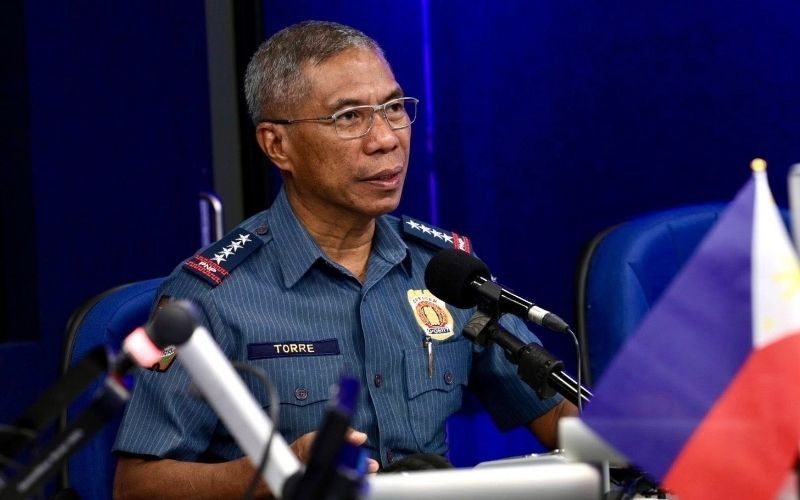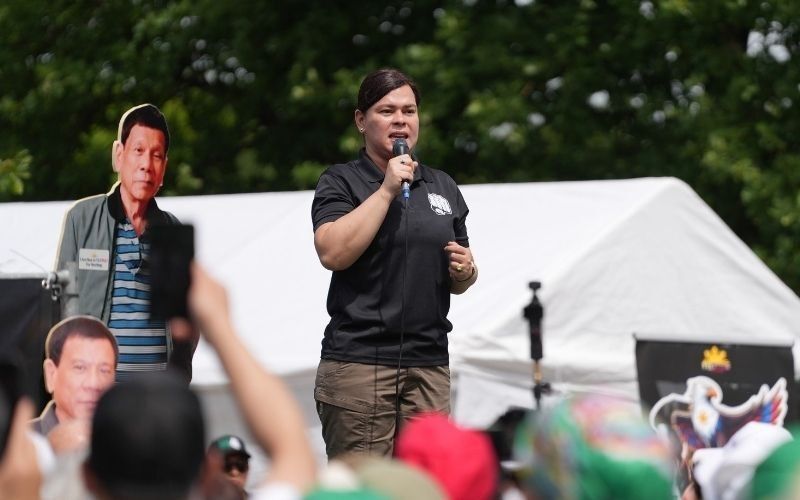
Upgrade to High-Speed Internet for only ₱1499/month!
Enjoy up to 100 Mbps fiber broadband, perfect for browsing, streaming, and gaming.
Visit Suniway.ph to learn
The Commission on Elections mark the end of the testing period for internet voting, April 12, 2025.
Comelec via FB
MANILA, Philippines — Overseas Filipino voters participating in the 2025 elections will receive encrypted QR codes after casting their ballots, but these codes will not display the names of their chosen candidates when scanned, Commission on Elections (Comelec) Chairperson George Garcia clarified on Monday, April 14.
The measure is part of Comelec’s efforts to ensure election integrity and prevent vote-buying.
"When they cast their ballot, they will see the actual ballot with the candidates they voted for, after which it will automatically disappear," Garcia explained during a chance interview. "They'll receive a QR code for verification, but when that code is accessed, it won't show the names of candidates they voted for. What appears are machine-readable codes for all candidates, including those they selected."
Garcia said the security feature is intentional to prevent voters from having physical proof of who they voted for before the election period ends.
"Voters cannot actually read these codes... We deliberately don't provide the specific names after casting because that could be used for vote-buying," he said.
This approach mirrors local voting procedures in the Philippines, where voters are given "receipts" of their votes, after which the Comelec requires voters to deposit the printed receipts in ballot boxes inside precincts, Garcia said.
First internet voting system for overseas FIlipinos. Overseas voting began Sunday at 77 Philippine foreign posts offering round-the-clock internet voting, while 16 other locations require Filipinos to cast their votes through the traditional printed ballots.
Election officials will also conduct random manual audits to compare the encrypted QR codes against printed records for verification purposes.
So far, the Comelec is pleased with the turnout of overseas voters, Garcia said.
The Comelec chair declined to provide specific voter numbers due to restrictions under Section 240 of the Omnibus Election Code, which applies to overseas voting.
"At present, what we can say is that the number of registered overseas voters is increasing," Garcia said, adding that some Filipinos were able to vote on the same day they registered.
This is the first election cycle where Filipinos abroad can cast their votes online.
A total of 47,976 overseas Filipino voters have signed up to avail of the Comelec's freshly launched internet voting system, based on Comelec data as of Sunday. This is just around 4% of the 1.2 million registered voters based abroad.

 1 month ago
15
1 month ago
15



